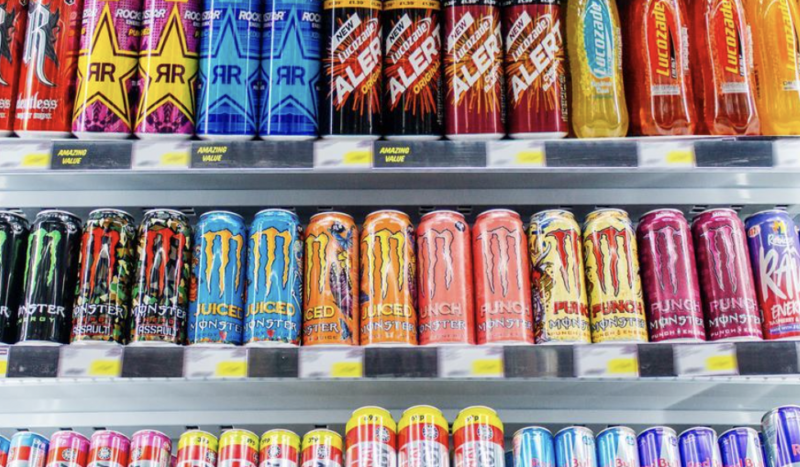Hungary has officially outlawed the sale of energy drinks to anyone under 18, becoming the latest EU country to crack down on the increasingly controversial beverages. The sweeping measure, passed unanimously in the National Assembly with 174 votes in favor, takes effect in 30 days and slaps violators with penalties on par with selling alcohol or tobacco to minors.
This bold move follows mounting concern over youth health, fueled by reports that roughly 10% of Hungarian high school and college students knock back energy drinks daily. Medical professionals have long sounded the alarm, warning of serious cardiovascular risks, especially when the drinks are mixed with alcohol — a popular combo among young Hungarians.
The National Center for Public Health and Pharmacy, backed by the Hungarian Society of Cardiologists, provided expert backing for the legislation. They stressed that while the long-term effects of energy drinks are still murky, the short-term damage — from heart palpitations to emergency room visits — is crystal clear.
Hell Energy, Hungary’s own globally recognized energy drink brand, voiced skepticism. Speaking to Mandiner, the company argued there’s no solid proof that bans actually work. “Caffeine isn’t recommended for kids — but that includes coffee and soda, too,” the company pointed out. Instead, they’re pushing for education over legislation, suggesting informed choices, not blanket bans, will better serve public health.
Hell Energy has long enjoyed high visibility in Hungary, thanks in part to a star-studded marketing deal with actor Bruce Willis. Giant posters of the Hollywood legend once dotted Budapest, but after Willis was diagnosed with dementia and retired from acting, the partnership quietly faded from the spotlight.
Hungary now joins Lithuania, Latvia, and Poland as the fourth EU country to implement such a restriction. Lithuania led the charge in 2014, followed by Latvia two years later, which also banned energy drinks in schools. Poland followed suit in 2023 after a national study revealed that nearly half of kids aged 10 to 14 regularly consumed the beverages.
Some countries, like Turkey, have also banned energy drink sales to minors, while others — including the UK and Sweden — rely on voluntary retailer restrictions rather than laws.
Family advocacy group Ficsak (Young Families Club) welcomed the Hungarian government’s move, calling it “long overdue.” In a statement to MTI, the organization said the law addresses a growing problem that’s spiraled out of control among young people.
As energy drink consumption continues to spike across Europe, Hungary’s hardline stance could signal the start of a wider regulatory trend. For now, the message from Budapest is loud and clear: when it comes to kids and caffeine, it’s time to pump the brakes.




